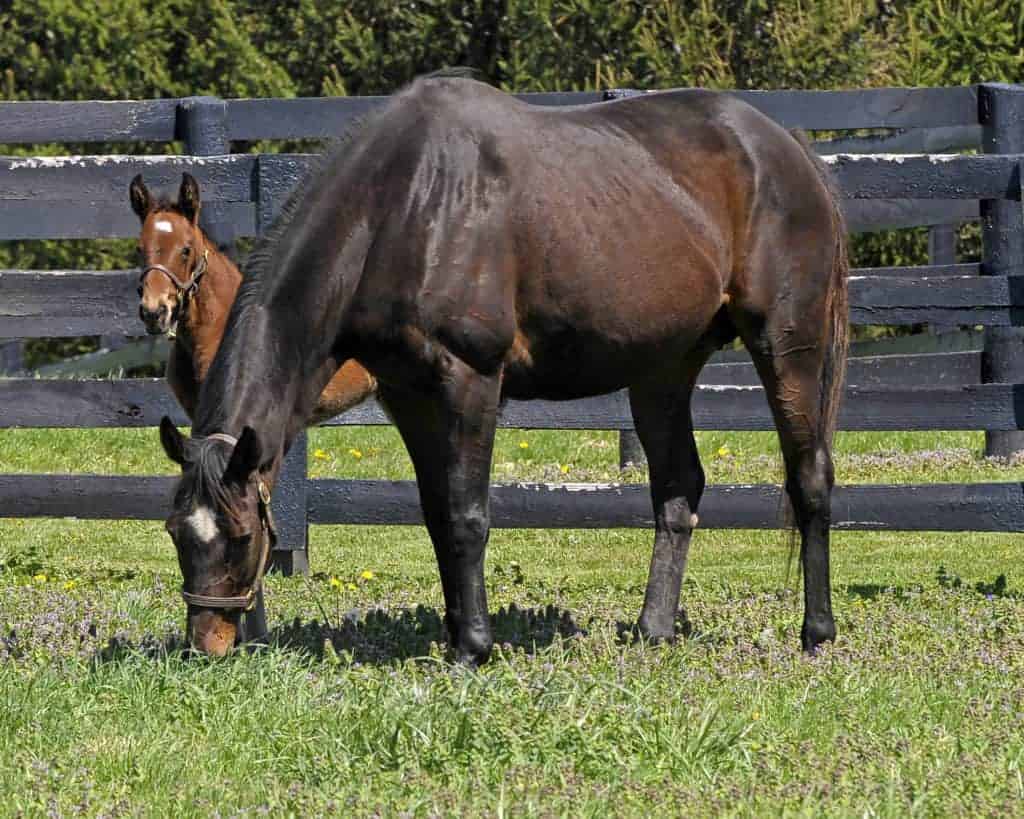
Second Maryland Horse Tests Positive for EHV-1
Two Maryland premises are now quarantined after horses residing at the facilities tested positive for neurologic EHV-1.
Horse breeding from planning through foal care

Two Maryland premises are now quarantined after horses residing at the facilities tested positive for neurologic EHV-1.

Horse breeding is only as effective as your ability to predict a mare’s impending ovulation. Here’s how vets do so.
A filly goes to the trainer and ends up sick and with ulcers. Will they return when she goes back into training?

Seven Michigan premises remain under quarantine for equine herpesvirus-1 (EHV-1).

Pregnancy failure in mares is a very real risk; here’s how to prevent or handle it.

The National Park Service is studying the use of fertility control vaccines to control feral horse populations.

A horse tested positive for neurologic equine herpesvirus-1 (EHV-1) and is being treated by a private veterinarian.

Using proper diagnostic technique and good quality radiographs is critical when diagnosing these fractures in foals.

Whether breeding is your business, hobby, or neither, continue asking yourself why you’re breeding your mare and what you hope to get out of it.

Design vaccination protocols to maximize each horse’s innate and adaptive responses to disease challenges.
Early recognition of emerging and re-emerging diseases is of paramount importance if their impact is to be minimized.
Diseases diagnosed include herpesvirus, tetanus, strangles, piroplasmosis, West Nile virus, and more.

A second Saginaw County horse has tested positive for equine herpesvirus-1 (EHV-1).
Three Galveston County, Texas, horses previously tested positive for equine herpesvirus (EHV).

An additional Livingston County horse and a Saginaw County horse have tested positive and are under veterinary care.

Researchers said a water-based enrofloxacin suspension could be useful for treating some bacterial endometritis cases.
Stay on top of the most recent Horse Health news with
"*" indicates required fields